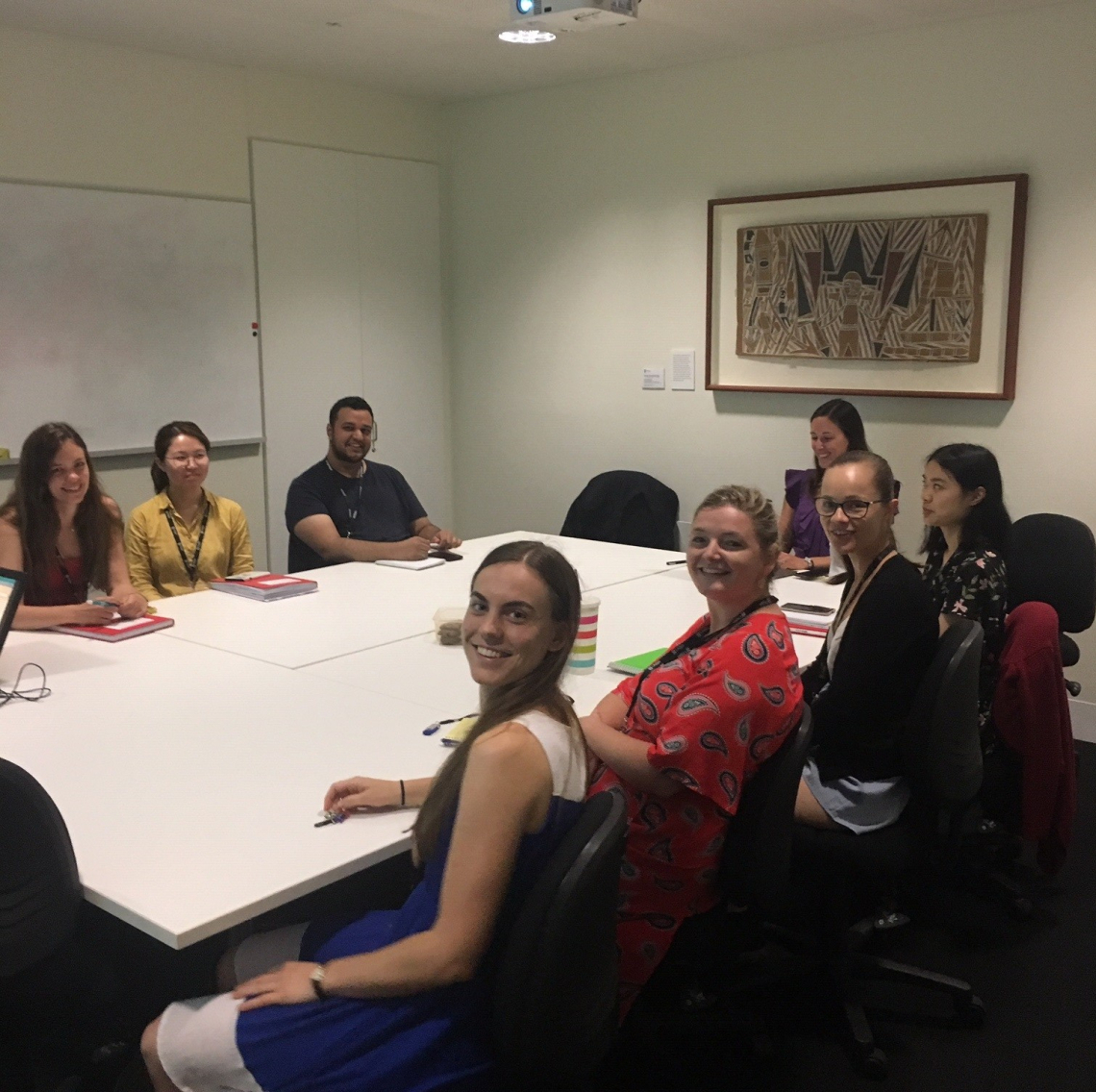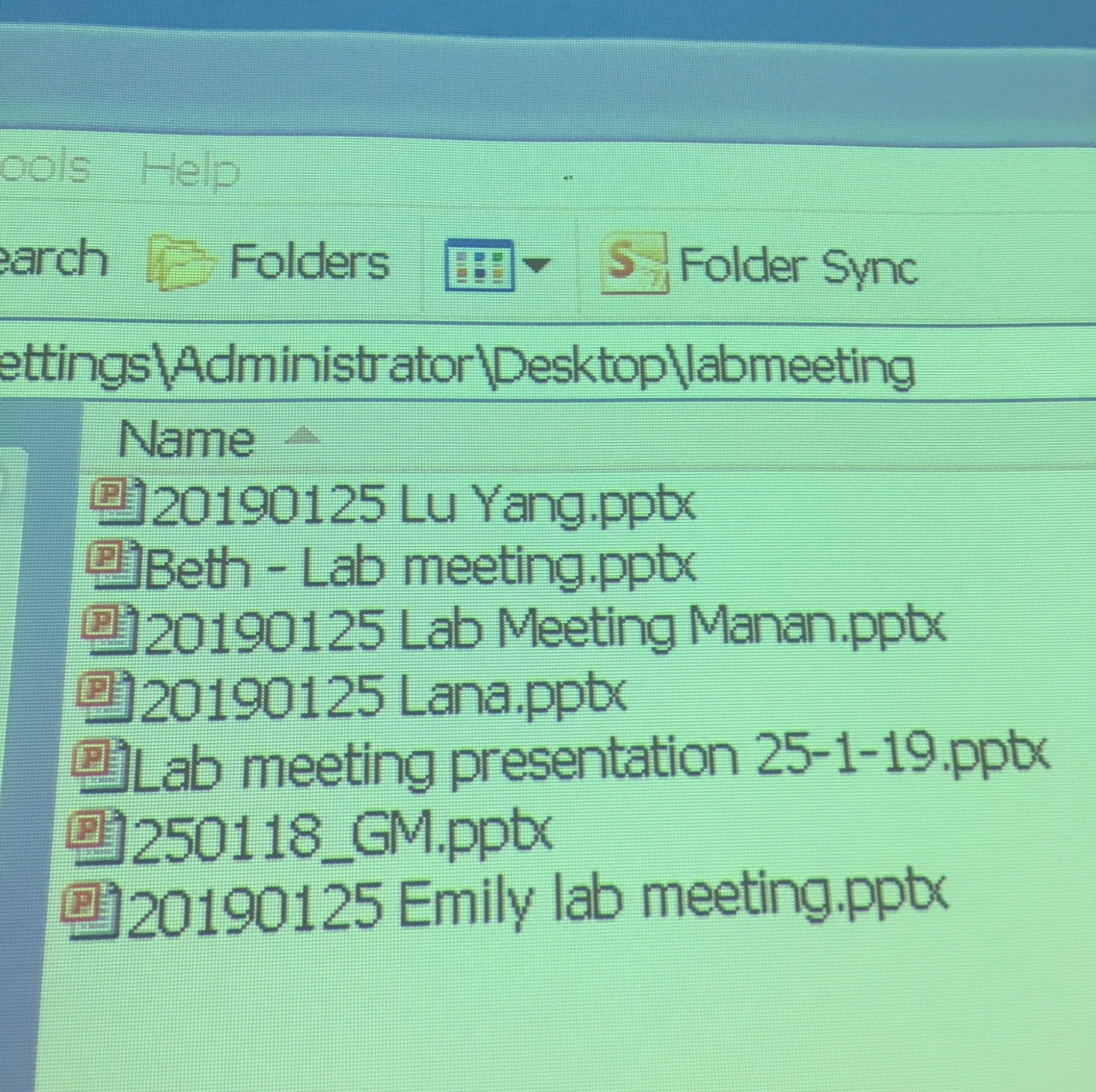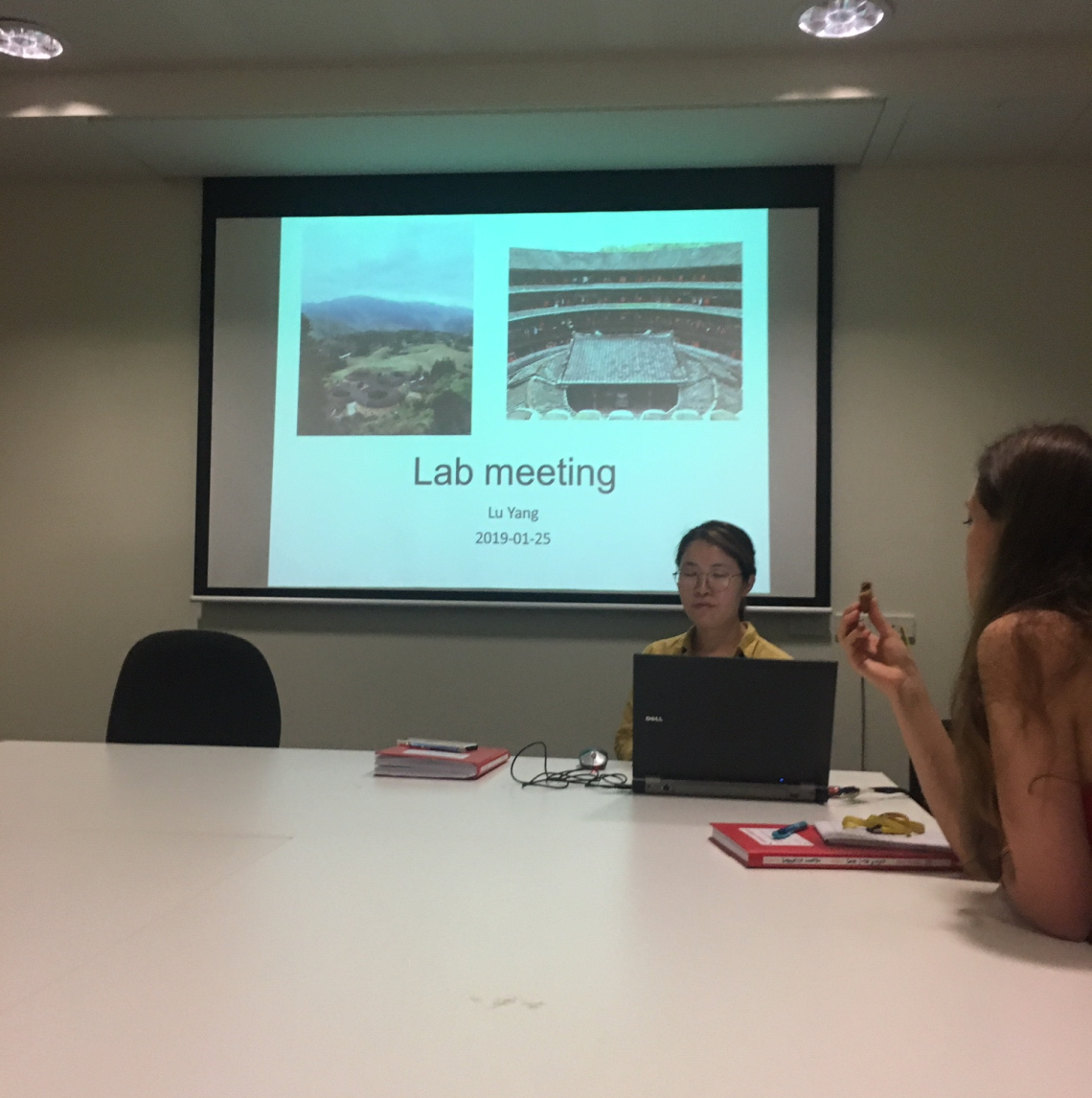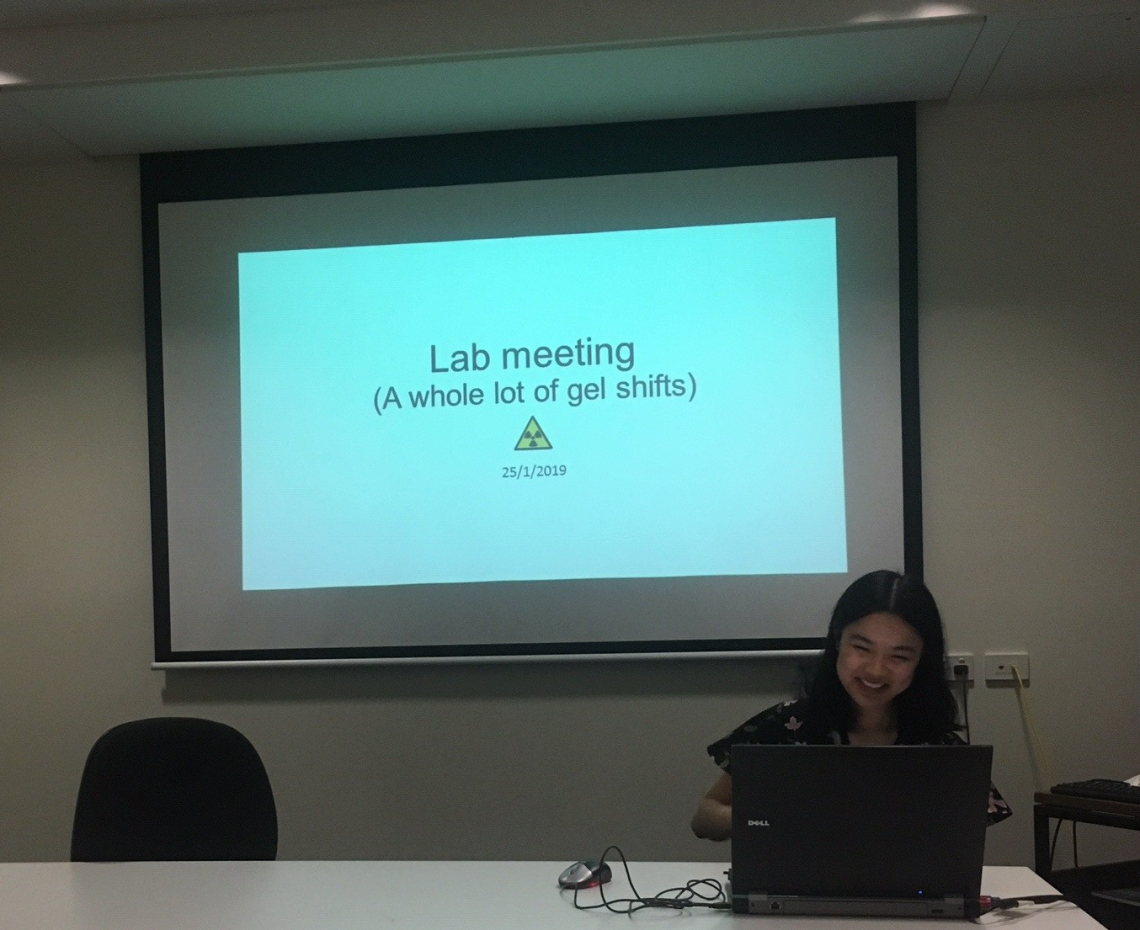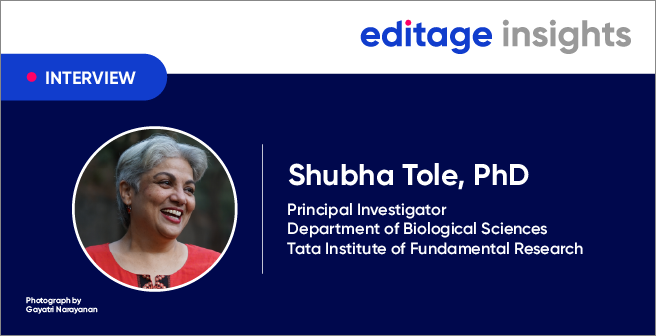What lab meetings are really like

Labs vary and scientists consider themselves innovative but we still face traditions and conventions. All the labs I’ve ever worked in have had regular “lab meetings.” I’ve also attended and heard about the practices in other labs. Here’s a summary:
The typical lab meeting lasts one to two hours and occurs at the same time every week or every second week. We have ours at 10 am on Fridays. There are wicked rumors that some supervisors have them at 5 pm on Friday (so that no one can leave early), and others at 8 am Monday (forcing people to use their weekends to prepare), but I can’t say if those rumors are true. In some countries I’ve seen them held on a Saturday.
Ideally, lab meetings are an opportunity for people to share their results, their progress, and the challenges they are facing, and for everyone to help shape the next steps. I’ve seen two usual formats. Either there is one speaker a week who gives a major update. Or, as we do, everyone shares what they have. In our lab we have meetings every second week and the hope is that everyone will try to give an update, but it is fine to say “nothing to report.”
We try to minimize the “pressure” of presenting at lab meetings. Having lots of small and optional presentations creates less pressure than big talks every few months, and it makes it easier to say “nothing this week.”
We also have a tradition where people start with a slide showing something fun – a picture from a holiday, a reference to “on this day in 1752 etc.” or an announcement that today is “international peanut butter day,” people sometimes refer to hobbies or philosophies too. It’s not compulsory to do this but it is good fun.
But there is still a bit of pressure. No one wants to give a confusing presentation, no one wants to show failed Western blots, and pressure comes if everyone else’s project seems to be succeeding. Accordingly, a sort of bias creeps in where good or perfect results are shared, but very important negative results or hiccups are swept under the carpet. We try to prevent that from happening and work hard to share problems.
For instance, at the end of every meeting we have a few minutes reserved for problems. Are the ligations working, are the tissue culture incubators contaminated again, is the DNA sequencing of good quality, are orders coming in on time; we also ask about workplace safety issues. It does help iron out little problems before them become big problems. Though, I’m sure that we never solve all the technical problems that beset experiments.
I love lab meetings. If someone can’t turn up but has sent a PowerPoint presentation, I’ll step up and try to present it – sometimes the slides are totally self-explanatory and I can do this without preparation. Indeed, I sort of like the idea of everyone presenting everyone else’s talks, as that trains us in designing self-evident presentations.
I also like hearing about the progress. If there are setbacks, I find it rewarding if I can help find a solution, or at least be supportive in helping the student work towards possible solutions. As a supervisor, I can’t ever do someone’s PhD for them but I can offer what experience and perspective I have. That said, some PhD projects will always turn out harder than others but, at least, I can share that reality so people don’t take it personally.
At lab meetings, we also practice formal talks we will do outside at conferences, workshops, or sometimes for assessment. I sometimes seem to be the one doing most of the talking and try to guard against that. I like to think this happens partly because the work is fresher and newer to me than others in the lab – who are more up with the work and have already had their say, but in reality I know it is partly my fault and I should just hold back, or perhaps ask that we swing round the room for questions and comments, and then I can come in at the end if anything is left out. I sometimes remember to do that.
I wander round the lab most days anyway, and sometimes, people begin their lab meeting presentation by saying, “You already know this, Merlin,” but, oddly, I always enjoy seeing it again. If the result is the answer to a problem I’ve been thinking about for years, I just love it. If it is a negative result that is frustrating us, then it is never as frustrating the second time I see it.
We do try to avoid lab meetings becoming an ordeal but I am sure there is still pressure, and probably a bit of rejoicing when I send an email saying something’s come up and I have to cancel. But, overall, lab meetings do provide important support, they provide a venue for learning about presentations and about tackling scientific problems, and one learns facts as well as experimental approaches. And I can assure you ours aren’t the worst. Because I know the worst lab meeting I have ever heard of. Here it is:
A friend of mine was in the fourth year of his PhD presenting his work to the lab and his supervisor, who was an immensely powerful scientist. At the end of his talk he said, “Does anyone have any questions?” There was silence and then his supervisor, who had been reading the newspaper, slowly put the paper down (something he seldom did), and he offered these words, “Yes, Joe, I’ve got a question. Tell me… when are you going to get yourself a proper project?”
That supervisor had quite a reputation for training his students in independence, and despite it all, his people often did quite well. But I don’t necessarily think the old ways are best.
Prof. Merlin Crossley (@CrossleyLab) is the Deputy Vice-Chancellor (Education), UNSW. This story was published on January 24, 2019, on the Crossley Lab Blog (available here), and has been republished here with permission.
